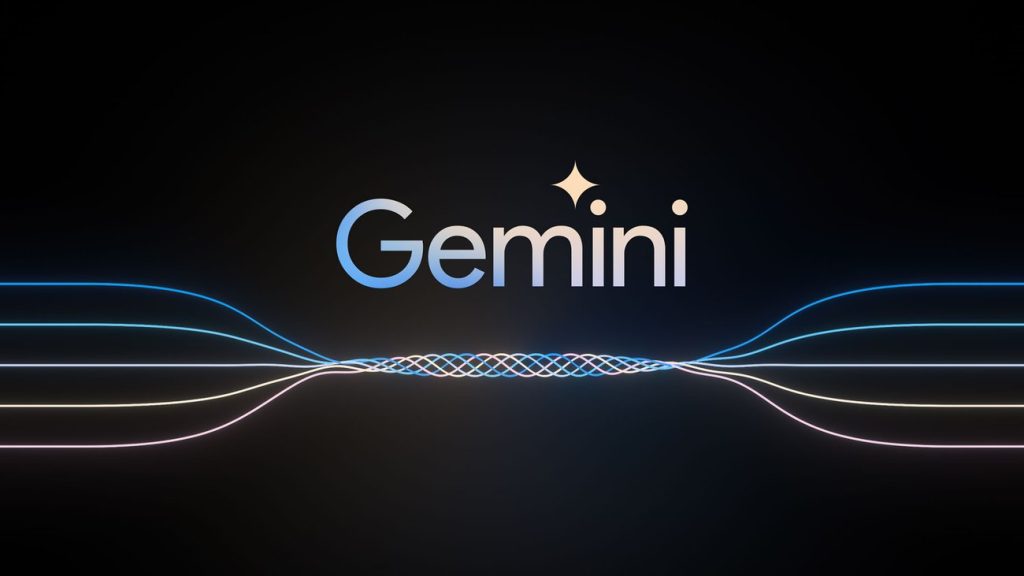Google has outlined its plans to directly integrate its advanced AI language models, known as Gemini, into Android smartphones starting in 2025. This move builds upon the earlier introduction of Gemini Nano, a smaller version of the AI model that still requires internet access.
By embedding the more powerful models directly on devices, users wouldn’t need constant connectivity for certain AI-driven features which will improve both user experience and privacy.

Google’s Gemini Ultra is a powerful model boasting 1.56 trillion parameters. This puts it on par with OpenAI’s GPT-4 in terms of language understanding and generation capabilities. Integrating Gemini Ultra could introduce a range of new features and functionalities for Android users.
The smartphone market has been experiencing a slowdown in sales. Industry observers are looking towards the potential of AI to bring innovation and reinvigorate consumer interest – a possible “AI supercycle”.
Analysts, however, express caution as current advancements might not be compelling enough to drive widespread upgrades from existing devices.
Despite the mixed outlook, Google, along with other tech companies, is investing significantly in AI-powered chatbots and virtual assistants. The rebranding of Google’s Bard app to Gemini is one such example.
This investment is in line with CEO Sundar Pichai’s vision of a unified AI agent capable of seamlessly assisting users across the Google ecosystem.
The integration of advanced AI models into Android phones in 2025 is a potential shift towards a more intelligent and personalized mobile experience. How far-reaching this shift will be remains to be seen.
Related:
- Google temporarily halts Gemini chatbot’s people image generation feature
- Google Pay app shutting down in the US in June
- Google Tensor G3 is the first smartphone SoC with 4K 60FPS AV1 encoding support
- Get $100 OFF on Xiaomi 14 Pro at Giztop (1TB Variant)
- Lenovo Legion Y700 2023: Save $100 on this 8-inch gaming Android tablet
- How to add custom GIFs and stickers to WhatsApp





